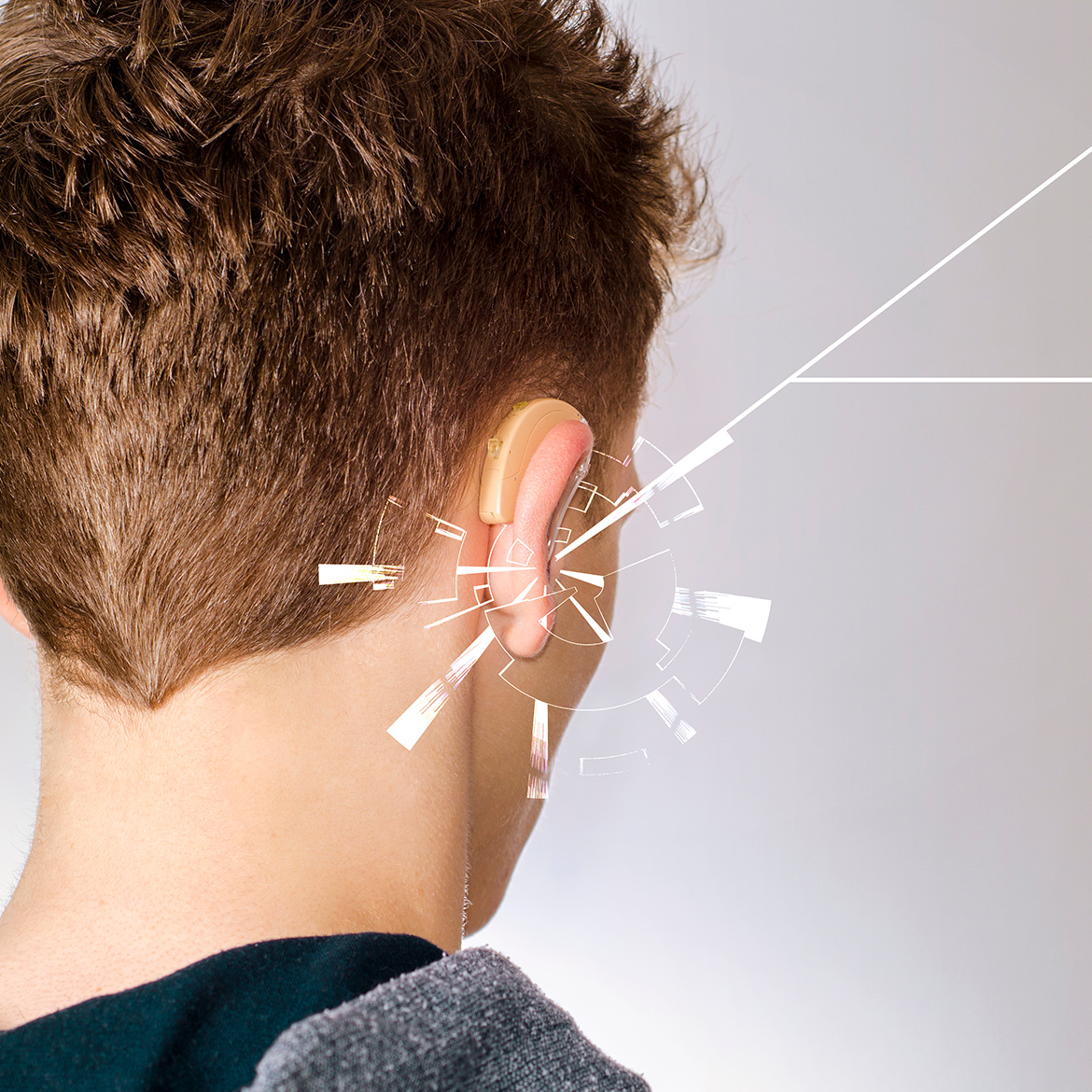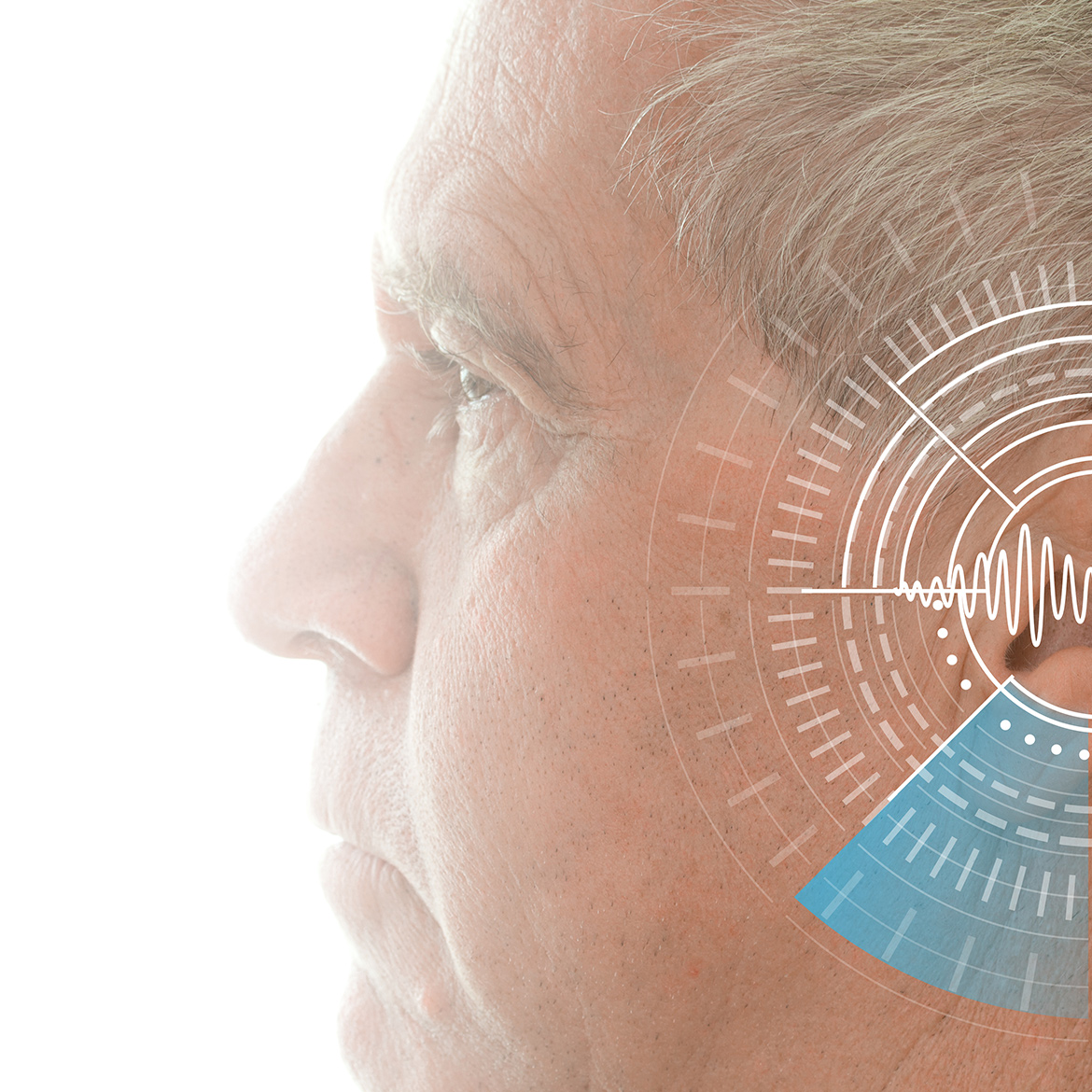Learn About Hearing Loss
Signs and Symptoms of Hearing Loss
If you experience two or more of the following symptoms, you may have a hearing loss and are advised to get your hearing checked by an Audiologist
- Speech sounds muffled as if your ears are blocked or filled with fluid
- You can hear people speaking, but struggle to hear what they are saying
- Blaming loss of conversational content on the other person not "speaking up"
- Difficulty locating where sounds / speech is coming from
- Difficult to distinguish between different sounds or words
- Cannot "hear" if you don’t have your glasses on when someone talks
- Tinnitus (ringing sound in one or both ears)
- Vertigo (feeling off-balance or dizzy)
- Inability to understand speech clearly, especially when background noise is present
- Inability to understand speech in group settings (such as meetings, restaurants etc)
- It sounds as if other people are mumbling or not talking clearly
- Inability to hear clearly over the telephone
- Having to turn the volume of the television or radio up
- Inability to understand when someone is not looking directly at you when they speak
- Withdrawal from conversations and social events
- Frequently asking others for repetition or to speak louder

What is Hearing Loss?
When describing a hearing loss, we generally look at three attributes: type of hearing loss, degree of hearing loss, and the configuration of the hearing loss.
Hearing loss can be categorized by where or what part of the auditory system is damaged. There are three basic types of hearing loss: conductive hearing loss, sensori-neural hearing loss and mixed hearing loss.
-
Conductive Hearing Loss
-
Sensorineural Hearing Loss
-
Mixed Hearing Loss
Conductive Hearing Loss
This type of hearing loss is caused by interference with the transmission of sound from the outer ear canal to the eardrum, and through the middle ear cavity and the tiny little bones or ossicles, to the inner ear. Conductive hearing loss usually involves a reduction in sound level, or the ability to hear faint sounds. Examples of conditions that may cause a conductive hearing loss include:

-
External Ear:
Any obstruction of the outer ear canal, such as congenital malformations (present at birth), or impacted wax, infections in the ear canal or any other foreign objects.
-
Middle Ear:
Thickening or scarring of the eardrum; perforation of the eardrum resulting from trauma, conditions associated with middle ear pathology such as fluid in the middle ear from colds, allergies, ear infection, benign tumors, Eustachian tube dysfunction or obstruction, ossicular dislocation resulting from trauma, ossicular erosion resulting from infection, and ossicular fixation, such as in otosclerosis.
Conductive hearing losses can usually be treated medically or surgically. Middle ear infections may be treated by antibiotics, and in severe cases, by the insertion of grommets in order to release the pressure build up within the middle ear cavity, and also to allow for the drainage of the accumulated fluid.
Damaged and/or perforated eardrums may be repaired surgically via tympanoplasty. Obstruction or blockage of the outer and/or middle ears may be easily cleared, and damaged ossicles may be replaced, such as in a stapedectomy.
Sensorineural Hearing Loss
Sensori-neural hearing loss is mainly caused by damage to the pathways from the hair cells in the cochlea of the inner ear or to the nerve pathways from the inner ear to the brain.
Most of the time, sensori-neural hearing loss cannot be medically or surgically corrected; it is a permanent loss and the treatment includes the use of a hearing aid. Sensori-neural hearing loss not only involves a reduction in sound level, or ability to hear faint sounds, but also affects speech understanding, or ability to hear clearly. Examples of conditions that may cause a sensori-neural hearing loss include:
- The natural aging process and simple nerve degeneration
- Lifestyle toxins
- Excessive noise exposure: Occupational and/or industrial noise, or exposure to very loud music
- High impact noise exposure: Drilling, explosive noise
- Infections: Illness such as measles, mumps, severe middle ear infections, meningitis etc.
- Ototoxic medication: Medication prescribed for certain illnesses can damage one's hearing
- Tumours: Those sitting on or close to the auditory nerve may cause hearing loss, such acoustic neuromas
- Viral Labyrinthitis and obstructions of the arteries to the ear
- In the presence of symptoms such as dizziness/vertigo, nausea and tinnitus, it may be related to balance disorders such as Menieres disease
- Genetic syndromes or some form of birth injury
- Diabetes
- HIV/AIDS
- Kidney Disease
